Welcome to the eighth post in the Ultimate Guide to Homeschooling Styles series! Click here to view the rest of the series.
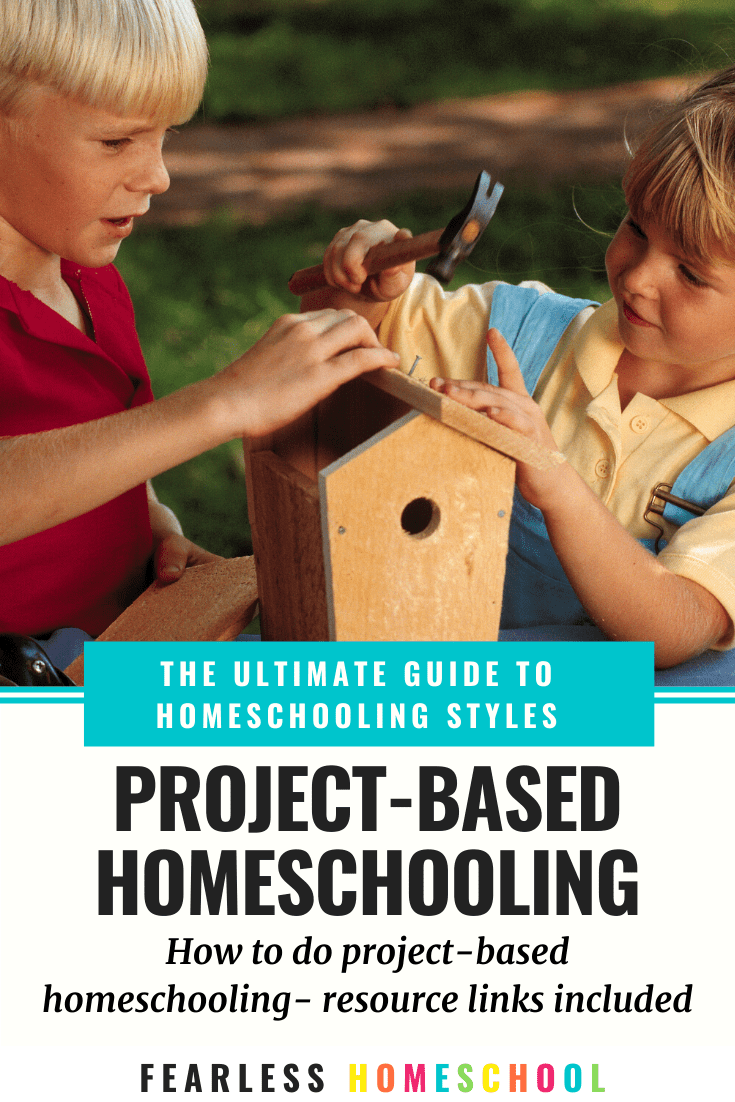
Project-based homeschooling is based on the Reggio Emilia educational philosophy. The philosophy developed in the city of Reggio Emilia in Italy after World War 2, with the work of Loris Malaguzzi, a psychologist. Still popular in schools, it is usually limited to preschool and primary school ages.
It is less a method than an approach or philosophy. There’s no prescribed curriculum, or materials, or developmental expectations. You can’t train specifically to be a Reggio teacher, and anyone can use the term Reggio Emilia as there is no accrediting body.
Project-based homeschooling essentially brings Reggio Emilia into the home, and is suitable for all ages. It was popularised by Lori Pickert, former owner / director of a Reggio school, and homeschooling mum.
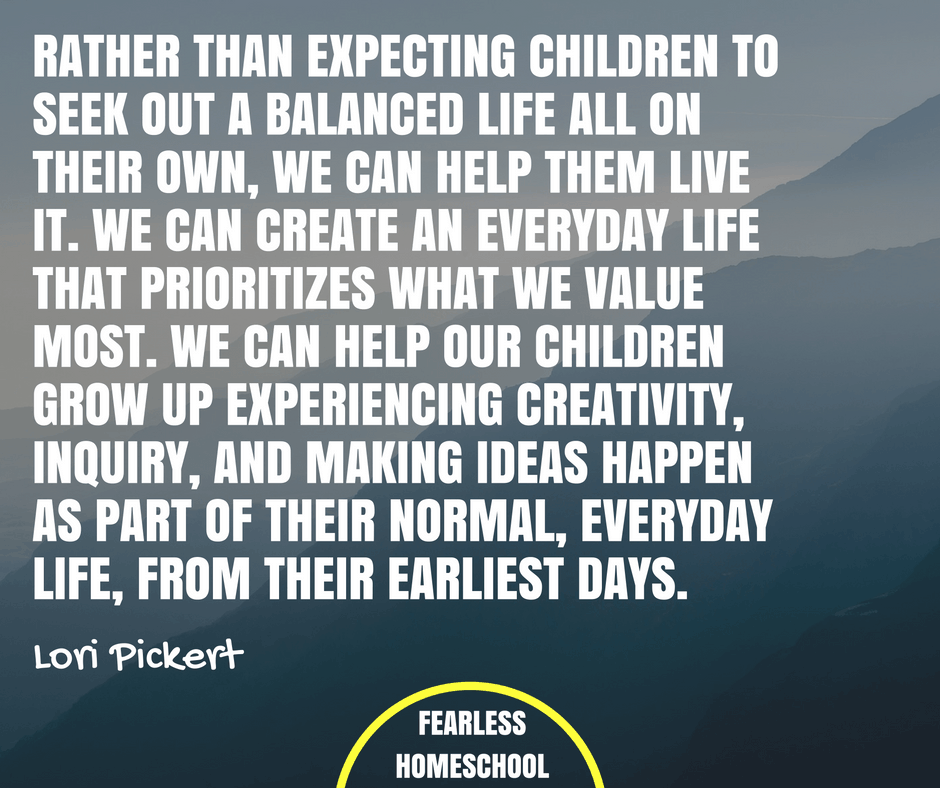
Project-based homeschooling is child directed and child managed. This means the child takes all the responsibility for their project and their learning. As a parent, you must resist the urge to step in and be ‘helpful’! The child decides what it is they’d like to learn about. They choose the resources. They decide on the format, length, and direction of their learning. They do the work. Similar to unit studies, projects incorporate many skills across the curriculum. Learning is complex and layered, and deep. Most projects will incorporate all of the major learning areas, simply because real-life learning cannot be divided neatly into subject boxes.
So what do you, the parent, do? Much like unschooling (which PBH works really well with) you facilitate and provide support. You help the child learn research skills, take them to places they need to go (library, historical sites etc.) and ensure they have the supplies and dedicated space they need. You provide an interested ear, and any help that is requested. Finally, you help them to prioritise their work, and show them that you believe it’s important and worthy.
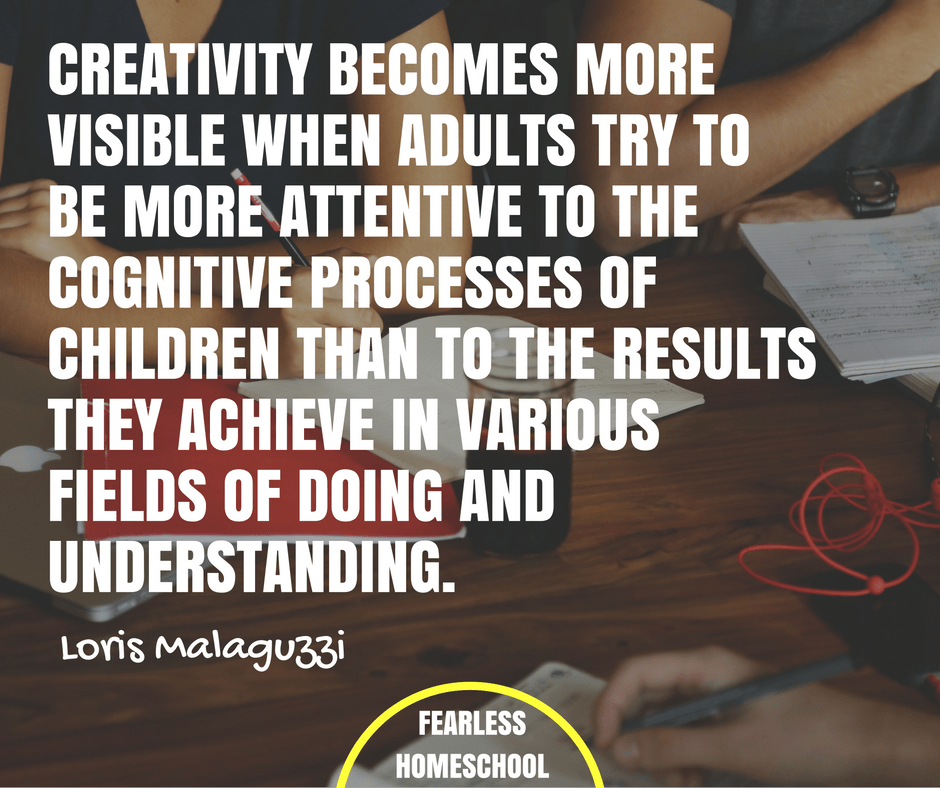
Parents keep a detailed learning journal. This is an integral part of the method. From regular observation you note behaviour and actions, and record questions and interests. The journals provide a record of steps taken, questions asked, and parental observations. They enable the parent and the child to reflect on and discuss projects that have been done, and remind children of other interests and questions that they may have forgotten otherwise. They also show the child that their work is important, and worthy of your investment of time and attention.
Environment is extremely important. Great lighting, quality materials and suitable furnishings are essential. The space should be inviting and comfortable, encouraging your child to work on their projects. Your child must be able to easily access what they need, to feel secure in using the space, and not need to stress about making messes. Antique white tablecloths are out! Bulletin boards and galleries can help to provide reminders of their work and make it central.
Unlike virtually every other method, Project-Based Homeschooling doesn’t promote itself as the one and only. If all you want to do is PBH that’s great. If not, set curriculum or activities from other methods can easily be done alongside projects. The PBH’s won’t kick you out, or tell you you’re not ‘really’ doing Project-Based Homeschooling.
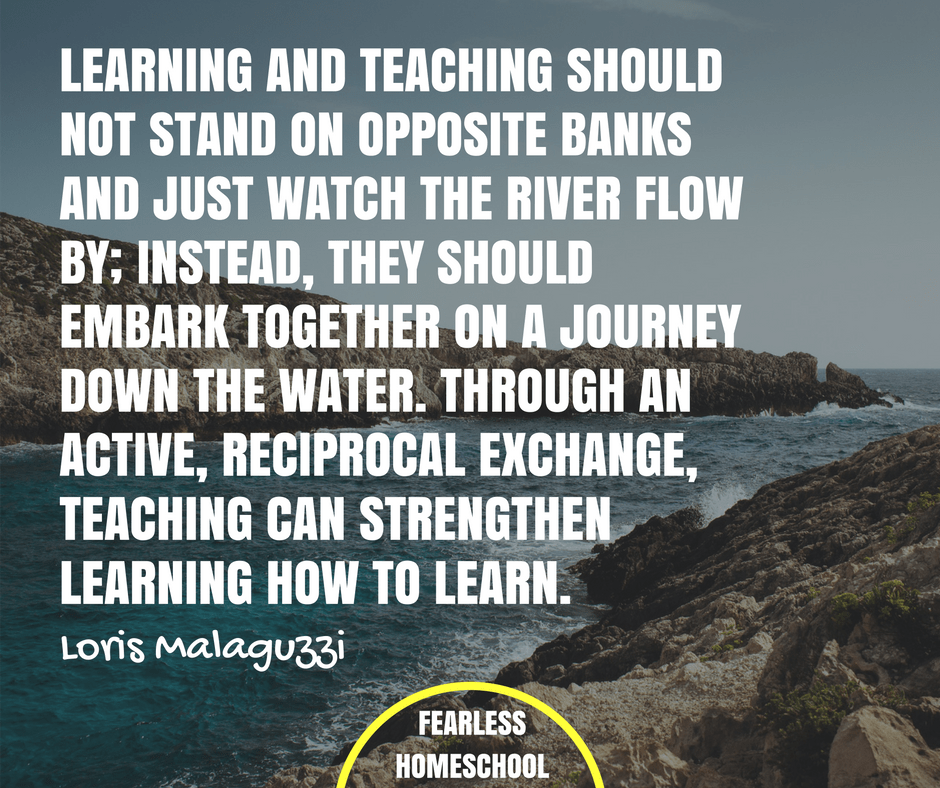
The good points
- It’s very much child-led and child-centred
- Encourages deep, complex learning
- Children learn how to follow their interests in a purposeful, meaningful way
- There’s no complexity or dogma, which is refreshing. Project-Based Homeschooling focuses on the child and how they learn, without making it overly complicated or requiring you to adopt a set of beliefs or values that may not match your family.
The not-so-good points
- This might sound strange, but I’m having a lot of trouble finding any complaints. The only problems people seem to have about Reggio Emilia or Project-Based Homeschooling is that it’s impossible to plan. If your area requires you to register for homeschooling by submitting a learning plan you may need to organise more school-like resources to do done alongside PBH. But it allows for that, so there’s no real issue.
- As it is much less formal and prescribed, parents (and children) who like to know exactly what they are expected to do next may have trouble adjusting.
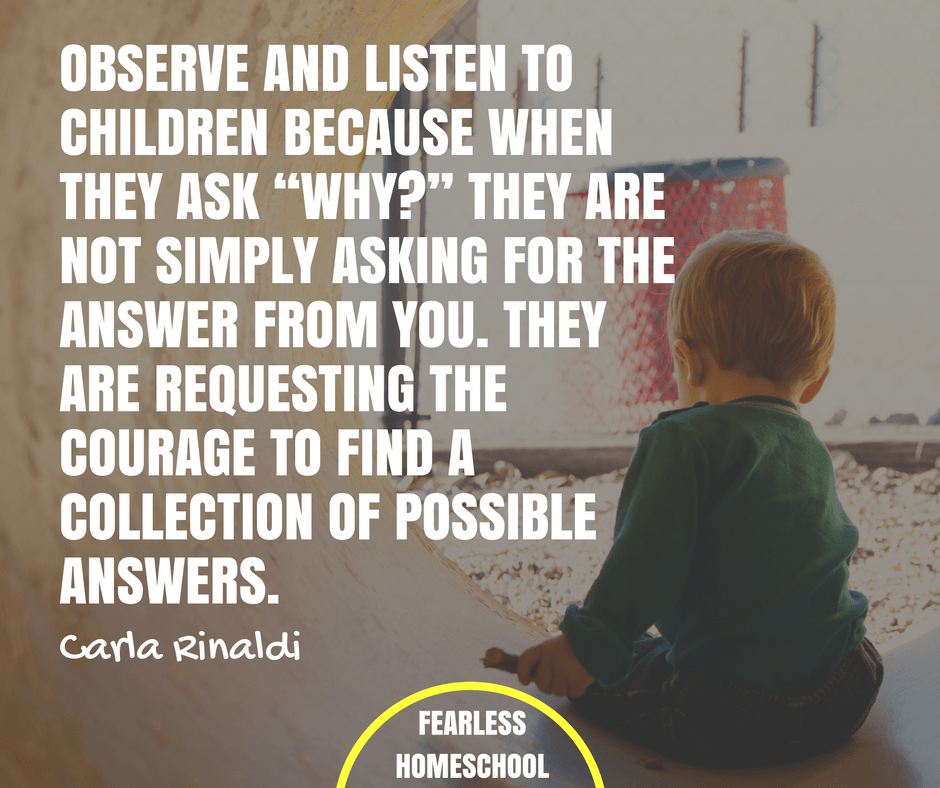
Further resources
Project-Based Homeschooling : Mentoring Self-Directed Learners – Lori Pickert
The must-have book if you’re interested in Project-Based Homeschooling
Camp Creek Blog is where Lori Pickert writes, and it’s chock-a-block full of useful and inspiring information, plus a forum. You can also do a masterclass.
Read more about homeschooling journals.
Check out the PBH kids tumblr account for a sample of real projects completed by PBH kids
Also, take a look at my Project-Based Homeschooling Pinterest board to discover fantastic resources that will help you set up your own Project-Based Homeschool.
Follow Kelly | Fearless Homechool’s board Project-Based Homeschooling on Pinterest.
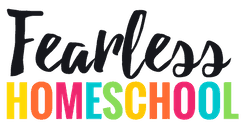
A succinct yet thorough and satisfying description of project based learning – thank you!
Glad you like it, thank you!
Thank you, you said it perfectly!
Thanks Amanda!
Okay so I have a 5th grader who is very math and science oriented. She wants to be a vet or a dolphin trainer. I cannot see her EVER choosing to learn hard math concepts as she tends to stick to what she is good at but she does excel in math in the public school she attends. So my question is, if you purely do the PBH method for school, how deeply do you naturally cover math concepts? Or do you have to have a specific math curriculum to do alongside PBH?
Hi Heather,
You may be surprised at how much kids can knuckle down and apply themselves when there’s a real need! Some people choose to do a maths curriculum alongside PBH, others unschool maths – but the usual result is that if a child NEEDS to master a subject to reach a goal, they’ll do it pretty quickly.
I’ve seen it dozens of times, including in my own teens, who have gone from apathetic and just covering the basics to manic and ultra-achieving when inspiration hits. We all like to know that what we do has a purpose.
Hope that helps,
Kelly.